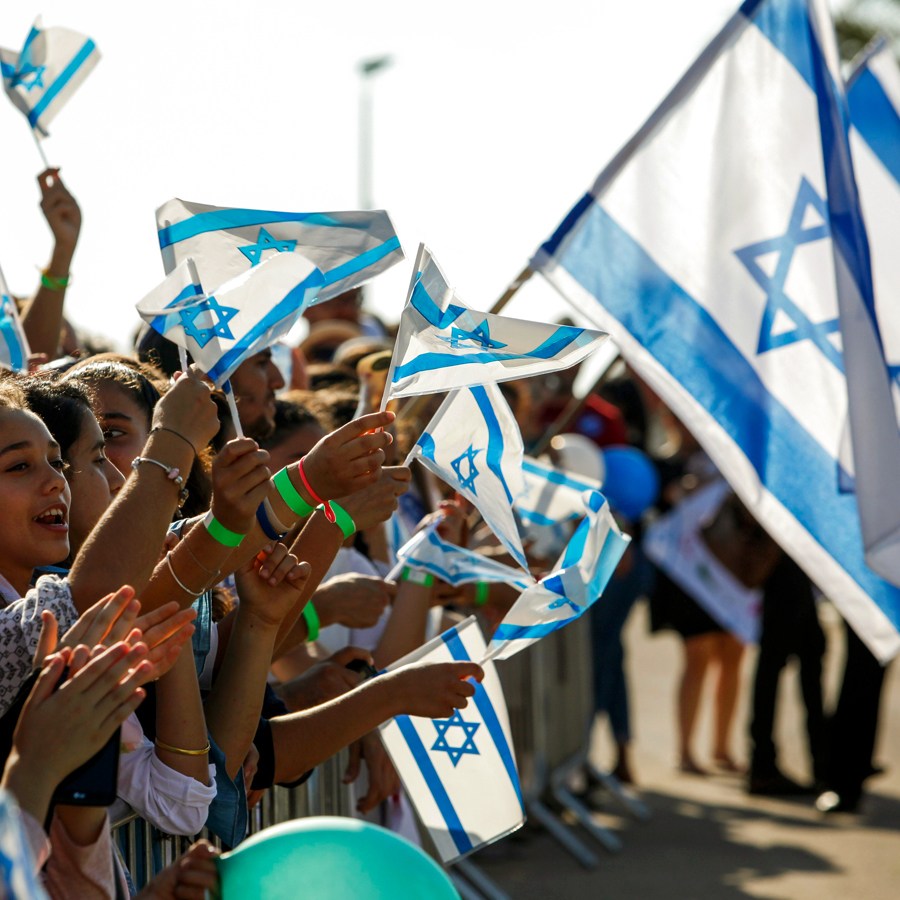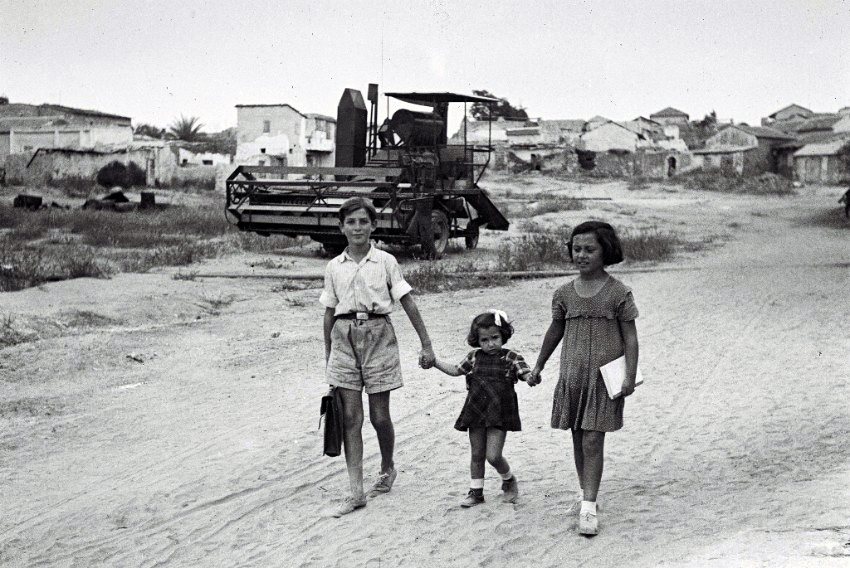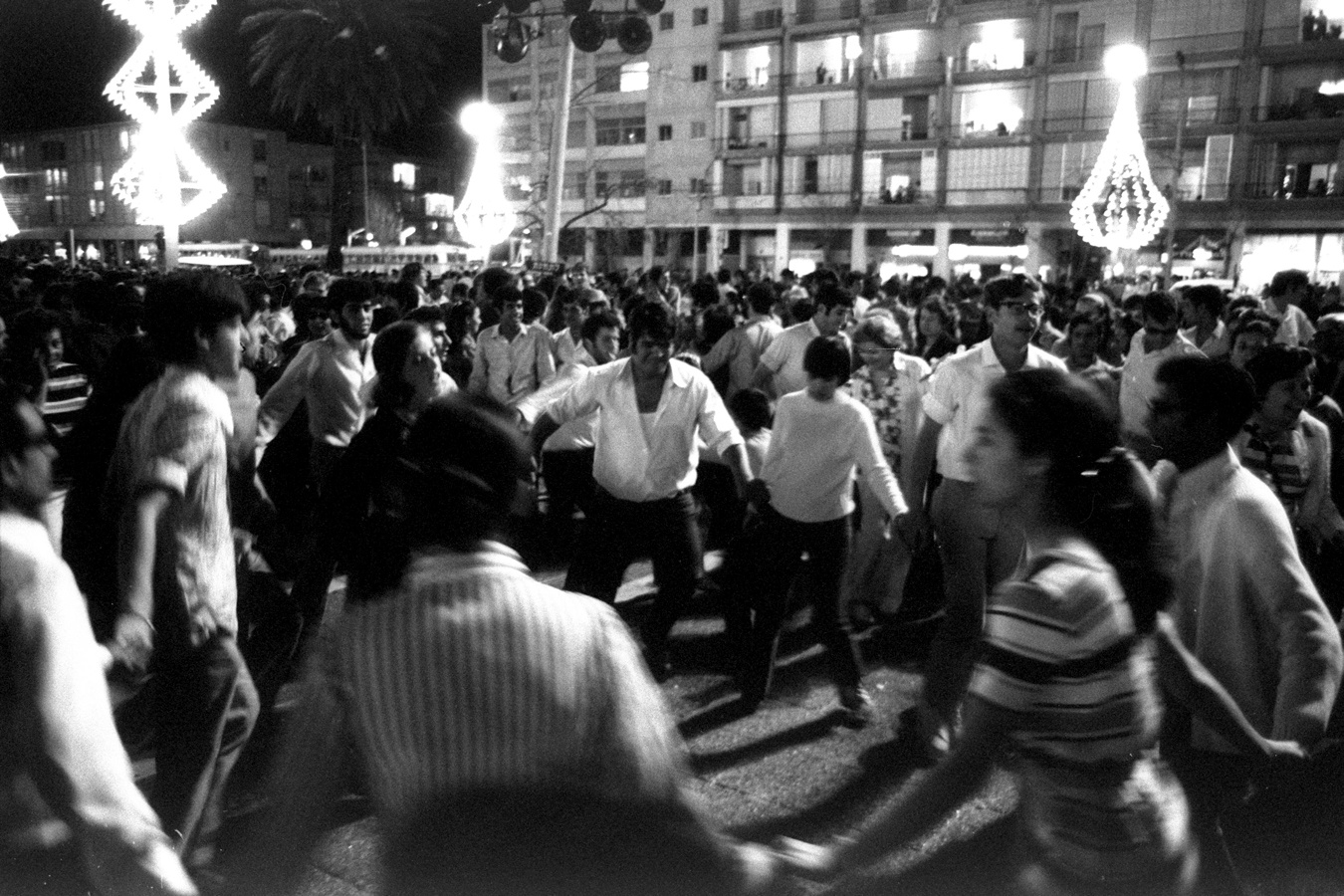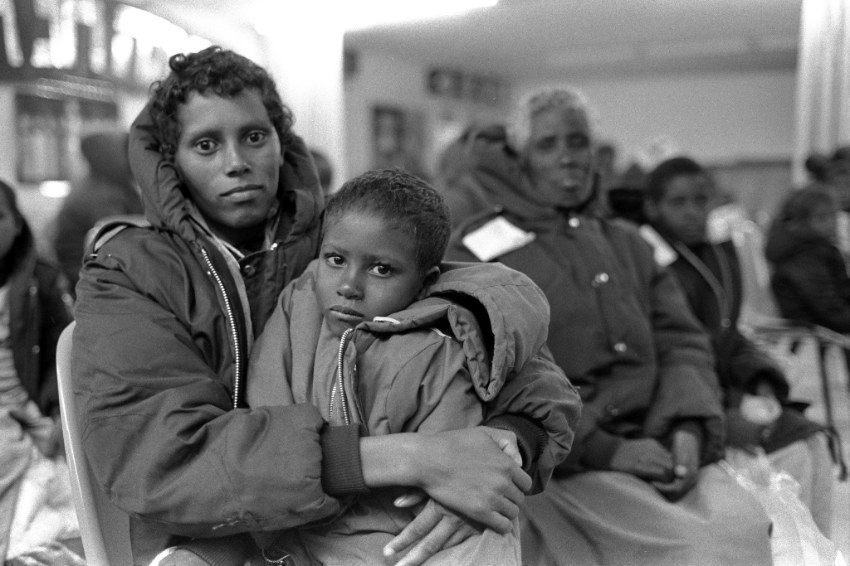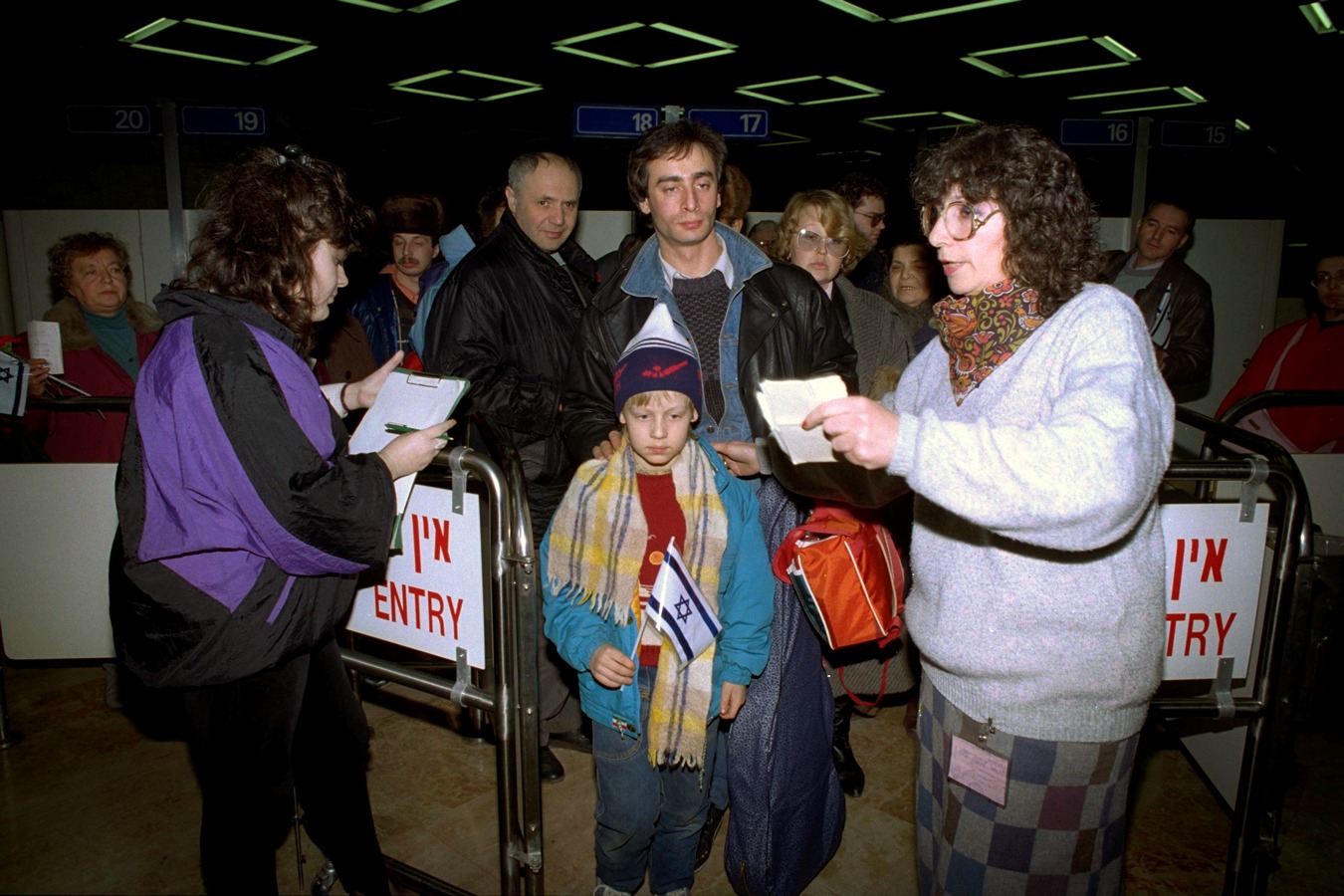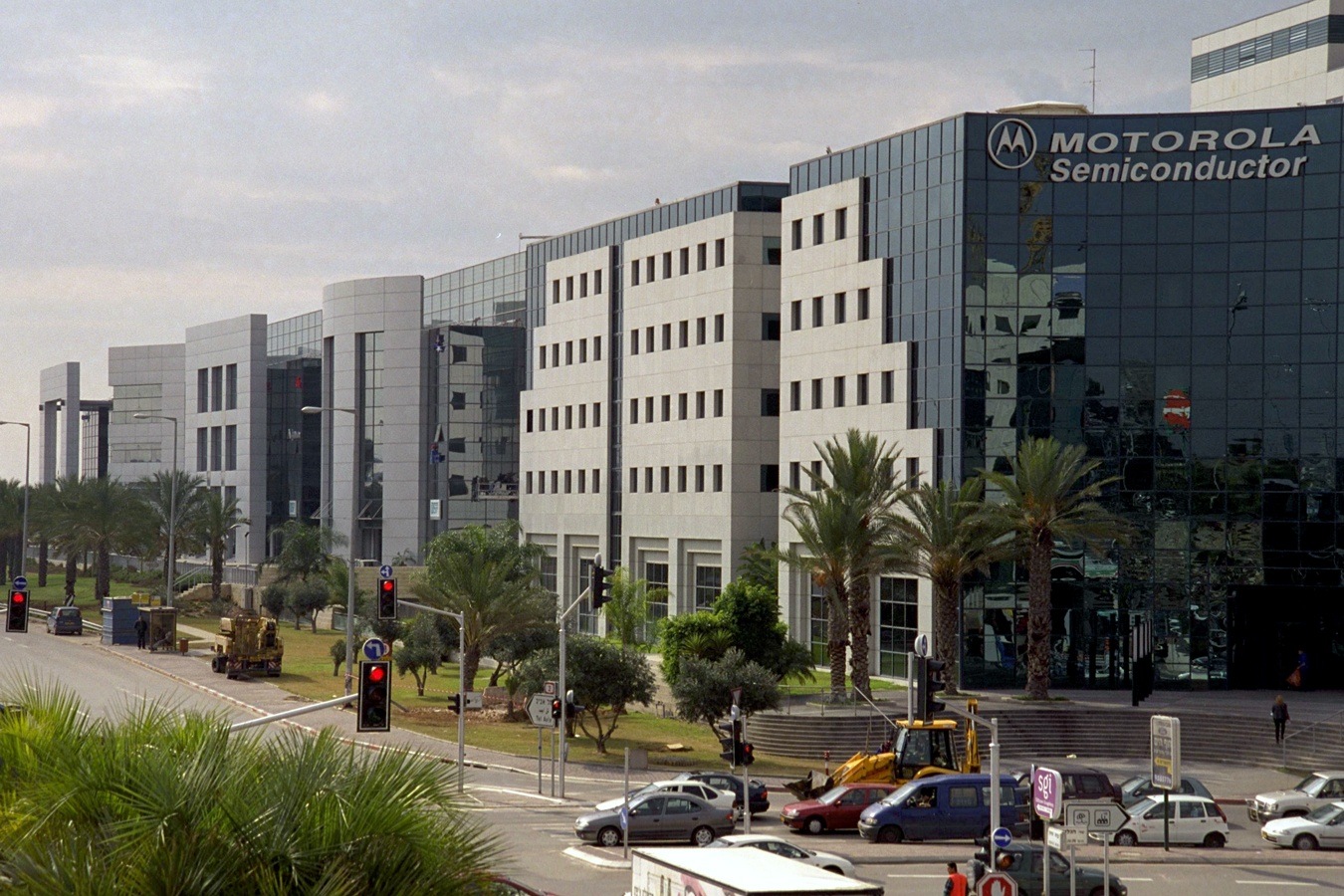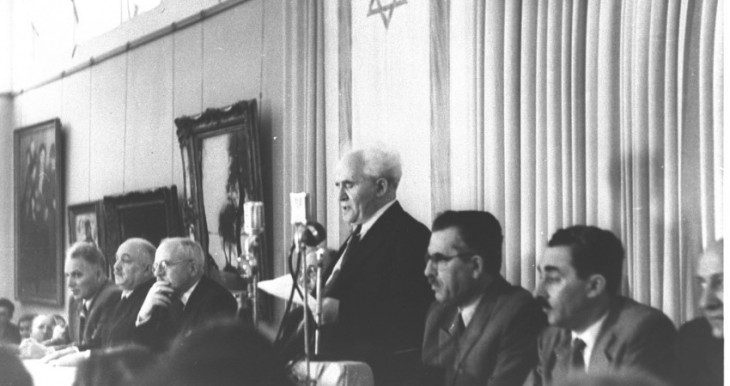
30 Jan Celebrating 70 Years of Israel
- Copy Link
Celebrating 70 years of Israel –
A look at The Jewish Agency through the years.
1948-1957
The State of Israel’s first decade was a period of massive growth. Between 1948 and 1951 alone, over 600,000 new immigrants arrived in Israel — doubling the young country’s population. Many of these olim were Holocaust survivors from Western nations. At this time, there were also large waves of immigration from the Middle East. This created a new dimension of diversity for Israeli society.
The Jewish Agency was the main institution tasked with facilitating this immigration. They took on key roles in events, such as Operation Magic Carpet and Operation Ezra and Nechemia. These respectively brought to Israel an estimated 50,000 Jews from Yemen and 121,512 Jews from Iraq and Kurdistan. The Jewish Agency also provided resources to help new immigrants acclimate, and Holocaust survivors reunite with their loved ones.
1958-1967
Israel’s population expanded dramatically in its early years. This allowed the nation to continue developing infrastructure, economy, and military during its second decade. These years also included the Six-Day War. During this war, Israel successfully reunified Jerusalem — and gained control of the Sinai Peninsula, the Gaza Strip, the West Bank, and the Golan Heights.
The weeks leading up to the war were full of bellicose rhetoric, threats, and military maneuvers among Israel’s neighbors. This caused many Israelis and Jews around the world to fear the worst. During these weeks of apprehension, The Jewish Agency sent shlichim - emissaries - to Jewish communities abroad. Their goal was to recruit volunteers to help with Israeli civilian life while the IDF’s reservists were out of the regular workforce. Israel was in a time of great need, and The Agency was there. This marked their first large-scale effort to encourage young Jews from abroad to travel to Israel, and take part in projects benefiting Israeli society.
1968-1977
Israel’s third decade saw its society both expand and diversify —driven by large waves of Aliyah from Western countries. This decade also saw the Israeli military defend itself and its citizens against a number of attacks. The Yom Kippur War in 1973, and the 1976 rescue operation at the Entebbe airport created more confidence in Israel. With the dramatic increase in Aliyah, The Jewish Agency continued its outreach to Jews around the world. They developed more logistical support for Aliyah in cooperation with the newly established Ministry of Aliyah and Integration.
1978-1987
Israel’s fourth decade opened with the signing of the Camp David Accords and the Israel-Egypt Peace Treaty. It was an unprecedented step towards peace and normalized ties between Israel and its neighbors. However, the following years saw the outbreak of the First Lebanon War in 1982, and the First Intifada in 1987. Some of the key events that impacted Israeli society in the late 70’s and 80’s did not occur in the Middle East, but in Ethiopia. The violent dictatorship of Mengistu Haile Mariam began persecuting Jews for their religious and educational activities in the late 70’s. Concerned for their safety, they created a way to protect themselves. The Israeli government, The Jewish Agency, the IDF and the Mossad, began assisting in clandestine Aliyah. After a famine pushed thousands of Ethiopian Jews to flee to Sudan in 1984, Operation Moses was launched. It secretly brought over 6,000 Ethiopian Jews to Israel. The following year, Operation Joshua brought hundreds more. The Jewish Agency played a critical role in teaching these new olim Hebrew and helping them to adapt successfully to life in Israel.
1988-1997
The Oslo I Accord of 1993 created peace between the Government of Israel and the Palestine Liberation Organization. In 1994, the Israel-Jordan Peace Treaty set boundaries and created order. Then, amidst this large push for harmony, the Prime Minister was assassinated. The late Prime Minister (and Defense Minister), Yitzhak Rabin was shot at the end of an anti violence rally in 1995. The 1990s were also a period of unprecedented demographic change within Israeli society. A massive and enduring wave of Aliyah from Eastern Europe brought vast numbers of Russian-speaking Jews to Israel. By the end of the 1990s, more than one in ten Israelis was an immigrant from the former Soviet Union. There were more than one million olim who came from post-Soviet states. The Jewish Agency managed the immigration process and ran Hebrew classes. They even provided resources to help them adapt to life within the Jewish state. The Jewish Agency also provided for Jews who remained within the former Soviet Union. They invested in outreach and educational programs —including summer camps and Hebrew classes.
1998-2007
The early years of the new millennium saw Israeli society demonstrate its strength and resilience. In the face of terror attacks and war, Israel grew. These years included both the Second Intifada starting in 2000 and the Second Lebanon War in 2006. This was the time period when Israel became an increasingly important high-tech powerhouse. It birthed a number of Israeli startups, achieving international success. Israeli victims of the Second Intifada needed urgent support. In response, The Jewish Agency began operating its Terror Victims Fund in 2002. The Agency invested resources in providing relief to children and families during the Second Lebanon War. This decade also saw The Jewish Agency play a major part in the launch of integral programs including Masa Israel Journey. Masa has since provided funding to help over 120,000 Jewish young adults. It offers an environment where the youth can spend serious time on educational programs in Israel.
2008-2018 and Beyond
Building on its high-tech successes of the late 1990’s and early 2000’s, Israel solidified its reputation as the “Startup Nation.” There are a variety of Israeli startups succeeding internationally on a large scale. At the same time, portions of the past decade have been marred by rocket fire in Gaza. This led to three conflicts with Hamas and allied groups in the Gaza Strip. The Jewish Agency has provided a wide-range of support to Israeli communities that have come under fire.
Perhaps the biggest change within The Jewish Agency during these years was the demographic trends of its people. The vast majority of Jews now living abroad are in democratic states where anti-Semitism is not particularly widespread. Most of those who make Aliyah now, make the choice for ideological or personal reasons. It’s less likely they are attempting to escape from hatred and danger. In response to this reality, The Jewish Agency has shifted its primary focus to education. These educational efforts are designed to foster Jewish identities. They strengthen ties between Israel and Jewish communities abroad. The Jewish Agency has also continued its long history of support for “Aliyah of rescue.”

Now, as the State of Israel begins its eighth decade of independence, we wish it a heartfelt “Mazal tov!” We look forward to continuing to work with Israel to strengthen Israeli society, support outreach and continue Jewish education. Let’s help Jews all over the world build the kinds of connections that make Jewish peoplehood more than an idea.

